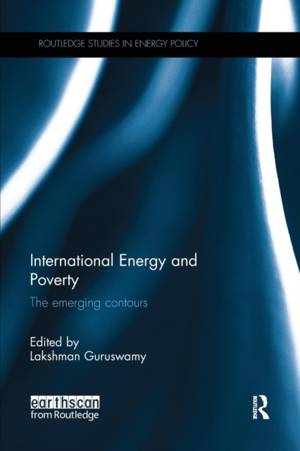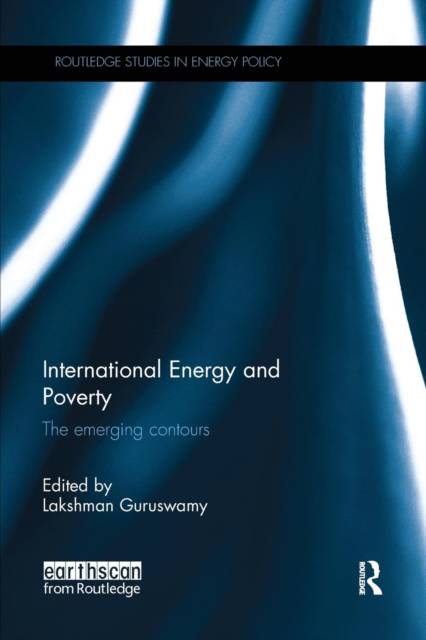
- Retrait gratuit dans votre magasin Club
- 7.000.000 titres dans notre catalogue
- Payer en toute sécurité
- Toujours un magasin près de chez vous
- Retrait gratuit dans votre magasin Club
- 7.000.0000 titres dans notre catalogue
- Payer en toute sécurité
- Toujours un magasin près de chez vous
International Energy and Poverty
The Emerging Contours
Description
Around 2.8 billion people globally, also known as the "Other Third" or "energy poor", have little or no access to beneficial energy that meets their needs for cooking, heating, water, sanitation, illumination, transportation, or basic mechanical power. This book uniquely integrates the hitherto segmented and fragmented approaches to the challenge of access to energy. It provides theoretical, philosophical and practical analysis of energy for the low energy (non-hydrocarbon based) Other Third of the world, and how the unmet needs of the energy poor might be satisfied. It comprehensively addresses the range of issues relating to energy justice and energy access for all, including affordable - sustainable energy technologies (ASETs).
The book breaks new ground by crafting a unified and cohesive framework for analysis and action that explains the factual and socio-political phenomenon of the energy poor, and demonstrates why clean energy is a primary determinant of their human progress.
This is a must-read for all scholars, students, professionals and policy makers working on energy policy, poverty, and sustainable energy technologies.
Spécifications
Parties prenantes
- Editeur:
Contenu
- Nombre de pages :
- 354
- Langue:
- Anglais
- Collection :
Caractéristiques
- EAN:
- 9781138055827
- Date de parution :
- 16-04-17
- Format:
- Livre broché
- Format numérique:
- Trade paperback (VS)
- Dimensions :
- 156 mm x 234 mm
- Poids :
- 498 g

Les avis
Nous publions uniquement les avis qui respectent les conditions requises. Consultez nos conditions pour les avis.





